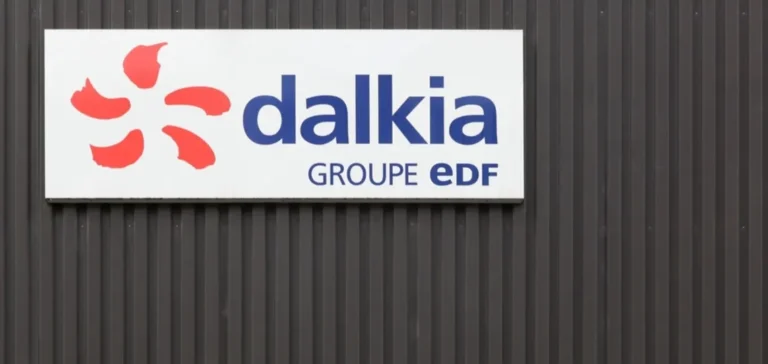The City of Paris has selected Dalkia, a subsidiary of Électricité de France (EDF), to manage its urban district heating network for a 25-year period starting in 2027. The contract is valued at €15bn ($16.3bn) and ends a long-standing partnership with Engie, which operated the network via the Compagnie Parisienne de Chauffage Urbain (CPCU) for nearly a century.
The network supplies heating to one million people in Paris and 16 neighbouring municipalities. Stretching over 500 kilometres, it also serves all public hospitals in the city. It is the largest district heating system in France and one of the largest in the world. The awarded contract includes a major shift in operating structure and governance.
Creation of a new semi-public management company
At the end of the current concession on December 31, 2026, a new semi-public company will be established. It will be owned 49% by public entities — including the City of Paris and Caisse des Dépôts — and 51% by Dalkia. This structure will replace CPCU, currently 66.5% owned by Engie and 33.5% by the City of Paris.
The new agreement transfers full ownership of the 12 heat production plants to the municipality, altering the governance model. Engie, one of the competing bidders, will receive €3mn ($3.26mn) to cover bid preparation costs.
Planned investments and technical targets
Dalkia plans to invest €3.4bn ($3.7bn) over the 25-year term to raise the share of renewable and recovered energy to 76% of the energy mix, up from the current 50%. Energy sources will include waste incineration, biomass, geothermal and heat recovery systems.
This upgrade is expected to allow 200,000 additional housing units to connect to the network, enabling the gradual phase-out of individual gas or oil boilers. The proposal includes tariff guarantees, with prices expected to decrease for 69% of users as early as 2027, when the new concession takes effect.
Political reactions and criticism over timing
The announcement has drawn criticism from several municipal opposition members due to its proximity to the upcoming municipal elections in four months. Some political figures accused the current administration of rushing a strategic decision that should have been handled by the next elected majority.
Despite these objections, the concession project will be submitted to the Paris City Council for approval in mid-December. The bidding process began five years ago as part of a broader initiative to overhaul the network’s operational model.






















